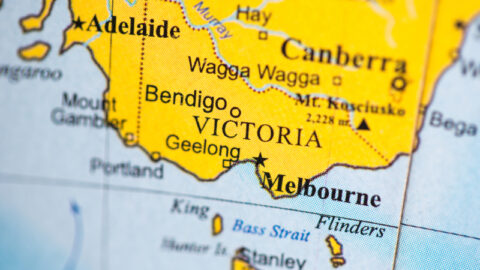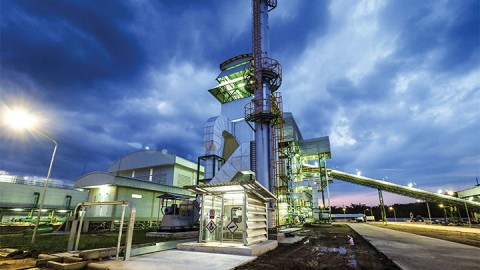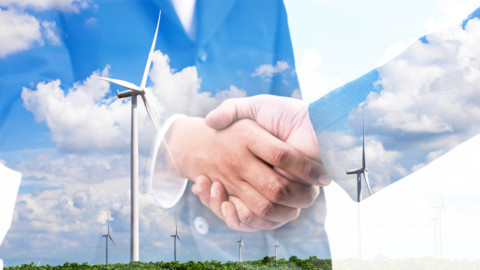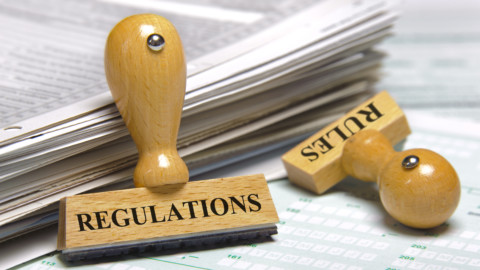By Tony Wood, Energy Program Director, Grattan Institute
Australian governments are under sustained pressure to deliver more affordable electricity, almost to the apparent exclusion of reliability or reduced greenhouse gas emissions. The new Federal Minister for Energy, Angus Taylor, has been appointed to deliver this outcome; but the reality is, he has a few more items to tick off the agenda, which may compete with his stated aim.
AEMO’s warning of heightened risks of summer blackouts was followed closely by the almost simultaneous failure of two major interstate transmission lines. It wasn’t supposed to be like this.
Toxic politics
Not long ago, there was an expectation that the National Energy Guarantee (NEG) just might be landed in a highly charged political environment; the ACCC had delivered a comprehensive report on electricity affordability; and AEMO had published a truly comprehensive plan for an integrated system across the National Energy Market.
Then the toxic politics of the Coalition parties in Canberra destroyed another leader and created a new energy policy game. There are many moving pieces on the political and industry chessboard as the consequences of these developments are digested and blended with the vested interests of the players. The results will be strongly influenced by the boundaries of federal politics and federal-state relations.
These are hard to predict. Yet at least four of the core items on the near-term agenda are clear enough that they can be identified, tracked and judged over coming months.
- Implementing the ACCC report recommendations
The 56 recommendations of the ACCC report provide the Minister with a plan for lowering electricity prices, and the modelled savings in that report are his scorecard. These recommendations cover the whole supply chain; some are straightforward, and some are contentious. The Minister’s biggest challenge lies in the fact that most require cooperation with his state and territory counterparts on the COAG Energy Council. This will be worth watching.
- The Energy Security Board’s (ESB) mandate
The ESB has not been relieved of its mandate to develop legislation to implement the NEG. Although this could theoretically proceed, the agreement is more likely to proceed on the reliability obligation alone or the NEG is quietly euthanised. Whichever emerges, the ESB will return to its original mandate – to drive implementation of the Finkel Blueprint for the future security of the National Electricity Market.
- The Renewable Energy Targets in VIC, QLD and ACT
Victoria, Queensland and the ACT will proceed with their renewable energy targets. Subject to no change of government in Victoria at the November election. Together with the wave of renewable energy projects, these will cause emissions from the sector to fall and the new supply in a market of flat demand is generally expected to deliver lower wholesale prices for the next few years.
- AEMO’s Integrated System Plan
AEMO will drive actions that flow from the first phase of its Integrated System Plan and from the latest Electricity Statement of Opportunities. The former involves investment to remove transmission constraints, e.g. between Queensland and NSW, and provide a direct transmission link between NSW and South Australia. The latter involve securing additional supply and demand resources to meet the needs of the coming summer.
There will be progress on all these four items.
The large unknown…
What will be done on the emissions reduction front by the Federal Government, the states and Federal Labor in the most uncertain chess piece to make a move. History suggests we should refrain from excessive optimism.
There will be two state and one federal election in the next 10 months. The recent machinations of the current Federal Government strongly suggest a new Labor government will be voted in, possibly with a supportive Parliament to implement its agenda, including on climate change and energy. Yet nothing is a forgone conclusion.
Hang on for the ride.
Learn more from Tony Wood about the current energy climate at the Competition & Customer Experience in Energy Conference, taking place on 13-14th November 2018 at CQ Functions, Melbourne.

















